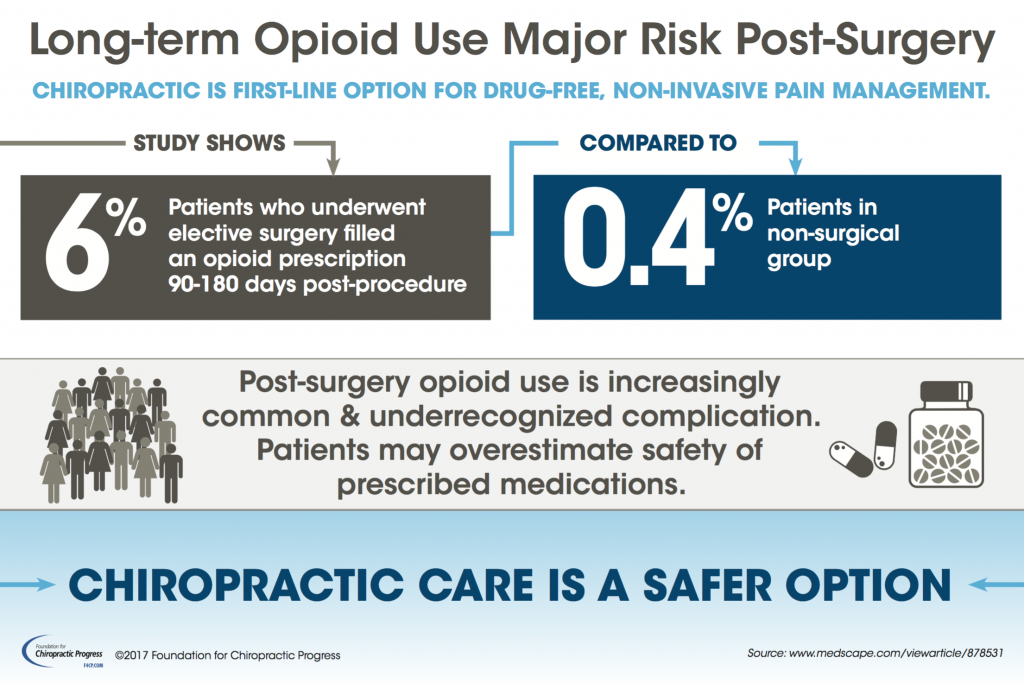Nurture Your Back And Discover How The Foods You Consume Can Either Alleviate Or Intensify Your Pain - Learn Which Ones To Pick Carefully
Nurture Your Back And Discover How The Foods You Consume Can Either Alleviate Or Intensify Your Pain - Learn Which Ones To Pick Carefully
Blog Article
Composed By-Hsu Lykke
When it pertains to handling your neck and back pain, the food choices you make can significantly influence just how you feel every day. Visualize having what causes low back pain to alleviate your discomfort merely by adjusting what you eat. By comprehending the role of nutrition in pain in the back monitoring and recognizing which foods to incorporate or steer clear of, you can take proactive actions towards a healthier and a lot more comfy way of life. The connection between nutrition and back health is a lot more profound than you may realize-- allow's explore just how particular foods can either calm or aggravate your neck and back pain.
Significance of Nutrition in Neck And Back Pain
Nourishment plays an essential duty in managing pain in the back. Your diet regimen can significantly affect swelling degrees and general pain levels in your back. Taking in a well balanced diet abundant in nutrients like vitamins D and K, calcium, magnesium, and omega-3 fatty acids can help reduce inflammation and enhance bones, which are vital for back health and wellness.
In addition, preserving a healthy and balanced weight through proper nourishment can alleviate tension on your spinal column, decreasing the danger of neck and back pain.
In addition, particular nutrients like antioxidants located in fruits and vegetables can help deal with oxidative tension and promote healing in the body, including the back muscular tissues and spinal column.
On the other hand, consuming too much quantities of processed foods, sugary drinks, and undesirable fats can contribute to swelling and weight gain, worsening neck and back pain.
Foods to Consume for Back Health
To support a healthy back, incorporating nutrient-rich foods into your everyday dishes is essential. Consisting of foods high in anti-oxidants like berries, spinach, and kale can help in reducing inflammation in your back, alleviating discomfort and pain. Omega-3 fats found in fatty fish such as salmon and mackerel have anti-inflammatory residential properties that can benefit your back health.
Furthermore, eating chiropractor school length and seeds like almonds, walnuts, and chia seeds offers vital nutrients like magnesium and vitamin E, which support muscle mass feature and reduce oxidative stress. Including lean proteins such as poultry, turkey, and tofu can assist in muscle repair and upkeep, promoting a strong back.
Don't forget to consist of milk or strengthened plant-based alternatives for calcium to support bone wellness. Finally, hydrate with a lot of water to keep your spine discs hydrated and functioning efficiently. By consisting of these nutrient-dense foods in your diet plan, you can nurture your back and support general back health.
Foods to Avoid for Pain In The Back
Select preventing refined foods high in sugarcoated and trans fats when seeking relief from pain in the back. These kinds of foods can add to swelling in the body, which might exacerbate back pain. Say no to sugary treats like candy, pastries, and sweet beverages, as well as fast food items like burgers, fries, and fried poultry that are typically loaded with trans fats.
Furthermore, stay away from foods containing high levels of refined carbohydrates, such as white bread, pasta, and pastries, as they can increase blood sugar degrees and possibly get worse swelling in the body.
low back pain treatments 's also important to restrict your consumption of foods high in saturated fats, like red meat and full-fat dairy items, as they can add to swelling. Processed foods like deli meats, chips, and packaged treats are typically high in hydrogenated fats and need to be consumed in moderation.
Conclusion
In conclusion, paying attention to your diet regimen and making clever food choices can have a considerable effect on managing pain in the back. By integrating nutrient-rich foods like berries, fatty fish, nuts, and lean healthy proteins, and preventing refined and sugary things, you can help in reducing swelling and support overall back health and wellness. Keep in mind, what you eat plays an essential duty in how you really feel, so make sure to prioritize your nourishment for a healthier back.
